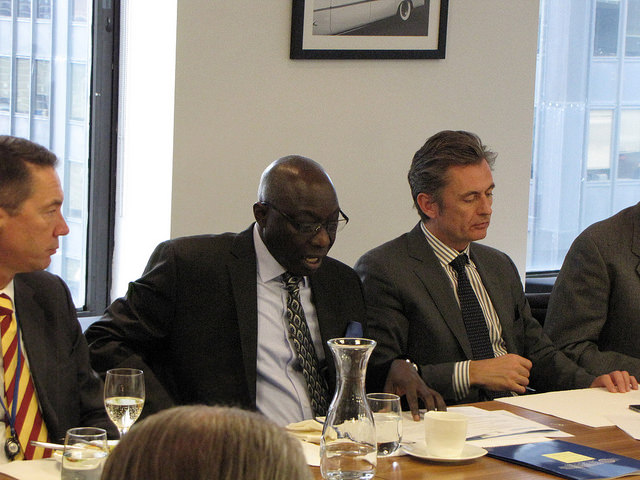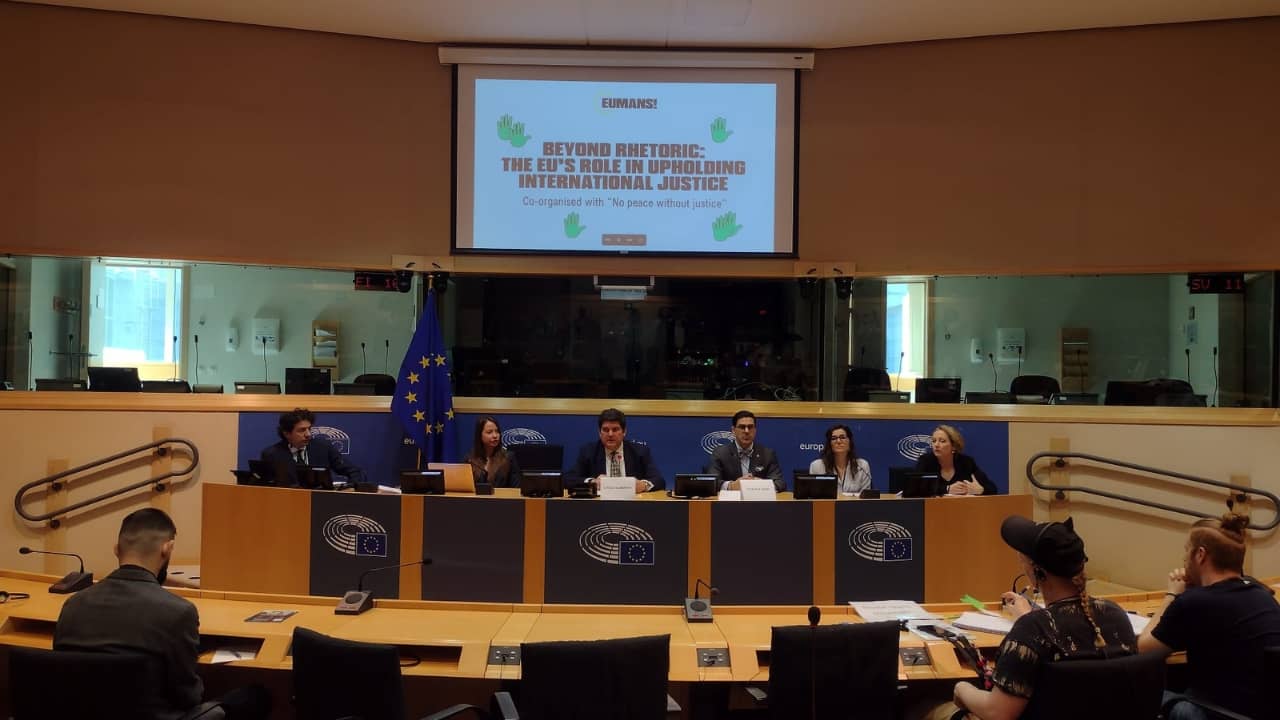
The following United Nations Press Release was published on 22 June 2016
[New York, 22 June 2016] The United Nations Special Adviser on the Prevention of Genocide, Mr. Adama Dieng, expressed concern at the decision taken by the Interior Ministry of Bahrain on 20 June 2016 to revoke the citizenship of Sheikh Issa Qassem, a prominent Shia religious leader, and on the impact this decision can have in increasing tensions among the different constituencies in the country.
“I am aware that the decision on Sheikh Issa Qassem has triggered new protests, which I am afraid could increase tensions in Bahrain in the coming days. I call on the Government to ensure that the right to freedom of peaceful assembly is fully respected and that any response to the protests is in accordance with Bahrain’s obligations under international human rights law. I also call on the protestors to exercise their rights peacefully and to avoid any act of violence”. In the view of Special Adviser Dieng, “the decision to revoke Sheikh Issa Qassem’s citizenship is the latest in a series of actions by the Bahraini authorities in recent weeks that have further restricted space for public participation and the enjoyment of human rights in Bahrain”.
The Special Adviser noted that, since July 2014, the United Nations has documented the revocation of the nationalities of up to 250 individuals, reportedly on the grounds of alleged “disloyalty to the interests of the Kingdom”. Other worrying developments documented by the Office of the High Commissioner for Human Rights (OHCHR) include the re-arrest of Nabil Rajab, founder of the Bahrain Centre for Human Rights; the imposition of travel bans on several others human rights defenders; the dissolution of Al Wefaq, the largest opposition political grouping; the increase in the sentence of opposition political leader Sheikh Ali Salman; and, earlier on in 2016, the re-arrest of Mr. Ibrahim Sharif, the leader of the Waad Society. Furthermore, OHCHR noted that, in the last week, five Shia clerics were interrogated, and Friday prayers by Shia mosques were suspended until further notice, as mosque leaders said they felt “unsafe”.
The Special Adviser added: “Repression will not eliminate people’s grievances; it will only increase them. For this reason, I call on the Bahraini authorities to seek to de-escalate the situation and on all decision-makers, in Bahrain and at the regional level, as well as on political parties and groups, military, religious, tribal and community leaders to exercise restraint and to take all possible measures to prevent the further increase of tensions”. In the Special Adviser’s views, “the country and the region are facing a critical moment. It is now even more crucial for the authorities and for all relevant parties to recommit to an inclusive national dialogue in the interest of all people of Bahrain”.




